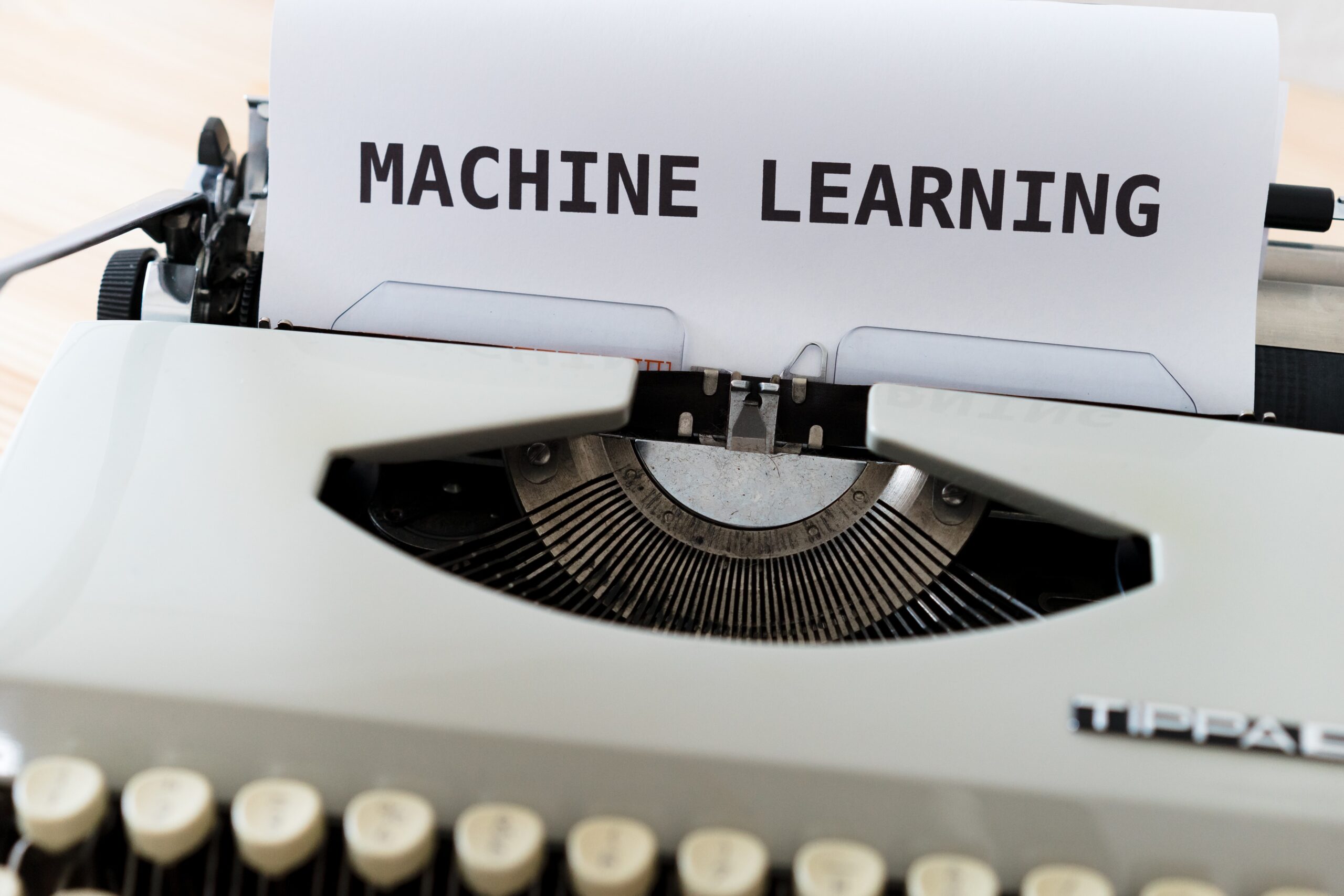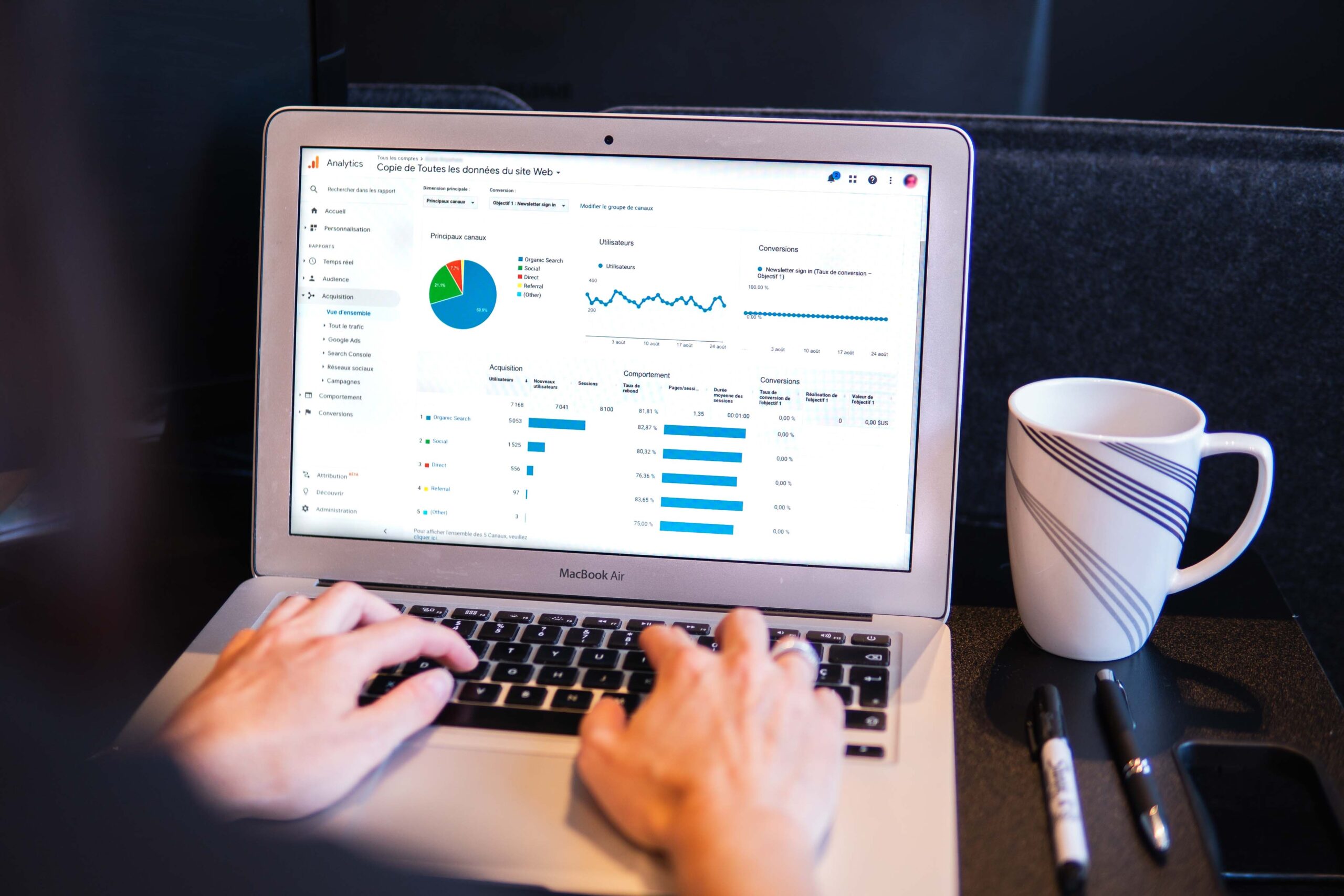Mr. Li Yanhong, the co-founder and CEO of Baidu, has recently been featured in Time Asia’s latest edition which had him labeled as “The Innovator”. This is the first time a Chinese IT entrepreneur has been featured on the magazine’s cover. The headline for the inside piece reads “Baidu’s Robin Li is Helping China Win the 21st Century”.
So why has Time Asia spoken so highly of Baidu, a rather controversial company in China today? This will have to be traced back to the main factors influencing global productivity in the 21st century.
At the AI and Global Security Summit in Washington back in November, Eric Schmidt, executive chairman of Google Alphabet talked about AI in China, “China will dominate the global AI industry by 2030”. And according to Vladimir Putin, President of Russia, “The Countries that dominate AI will dominate the world.” There is no doubt AI will explode in the coming years, it will create huge impacts on the world and it could even mean the arrival of the fourth technology revolution!
AI (Artificial Intelligence) has become so important that I think every person should be offered with the opportunity to learn about it, and understand it, even if we can’t fully grasp it. Although artificial intelligence has been around for quite some time and is no longer anything new, many of us might still be quite confused about what it really is. Therefore in this article, I will briefly explain what AI is and how it is going to change our world.
In Robin Li’s words: “Our vision is that humans can interact with all devices using human language. The difference between humans and animals is that humans can use tools. Over the past 100,000 years, whatever tools you invent you have to learn how to use them. In the future, you won’t need to do that–tools will learn how to understand human language and human intentions. That’s future.”
The essence of the statement really lies in the later part: tools will learn how to understand human language, and human intentions. In the future, our roles with the tools or the so-called products will be swapped. Very much like how humans were once required to learn about a tool or product, the tools or products will start to learn about us and to understand what our intentions are. This process is artificial intelligence. So now the question is, how can tools better understand something as complex as human beings?
God created human beings, different from all the other animals and plants, with the ability to express feelings and thoughts through eyes, body movements, and voices. We are able to read the words on any tool with our eyes; we can interact with the tools with our bodies. We even try to understand people from what we see, how we interact, and what we heard from them. So in very much the same way, what if our tools or products are implanted with eyes, hands, and mouths, would it be possible for them to understand other tools and humans just like we do?
While this is possible, tools, machines, and products are less likely to be implanted with eyes, hands, and mouths. As technology evolves around it, people attempt to integrate technologies such as camera technology, infrared technology, and voice technology to effectively act as human eyes, for capturing people’s postures and spatial positions as well as to speak. When these are combined with machine learning algorithms, models, big data, data mapping, and algorithms, we have face recognition, gesture recognition, and speech recognition.
How is AI going to impact us?
When a product or tool can understand you better than yourself, you can expect a lot of surprises. Let’s look at a few examples,
The future A/C will be able to adjust airflow and temperature according to your physical location. The machine is going to know about your comfort level better than you do.
You can even tell your machine to do something unknown or tedious, for example, Siri from Apple, has been able to solve a lot of our basic needs.
Moreover, if you and your neighbor both own the same machine, data can be shared for faster localization.
The’s so much more in the picture, the possibilities are literally endless. It may not only impact our lives but all different aspects of our lives.
Why would AI explode in the coming years?
Yeah, technology’s been evolving but the most important one of all was the launch of 5G network. Is 4G not fast enough already? Yes, but only for daily activities such as watching a video on Youtube, or viewing live video. 5G is almost 100 times faster than 4G which makes the processing time much faster for any image recognition, gesture recognition, face recognition or speech recognition, enabling interactive connection in between devices. The arrival of 5G era, will provide the foundation for any AI applications.
AI is going to be a great technological revolution and it will create a tremendous impact on the future of mankind.




